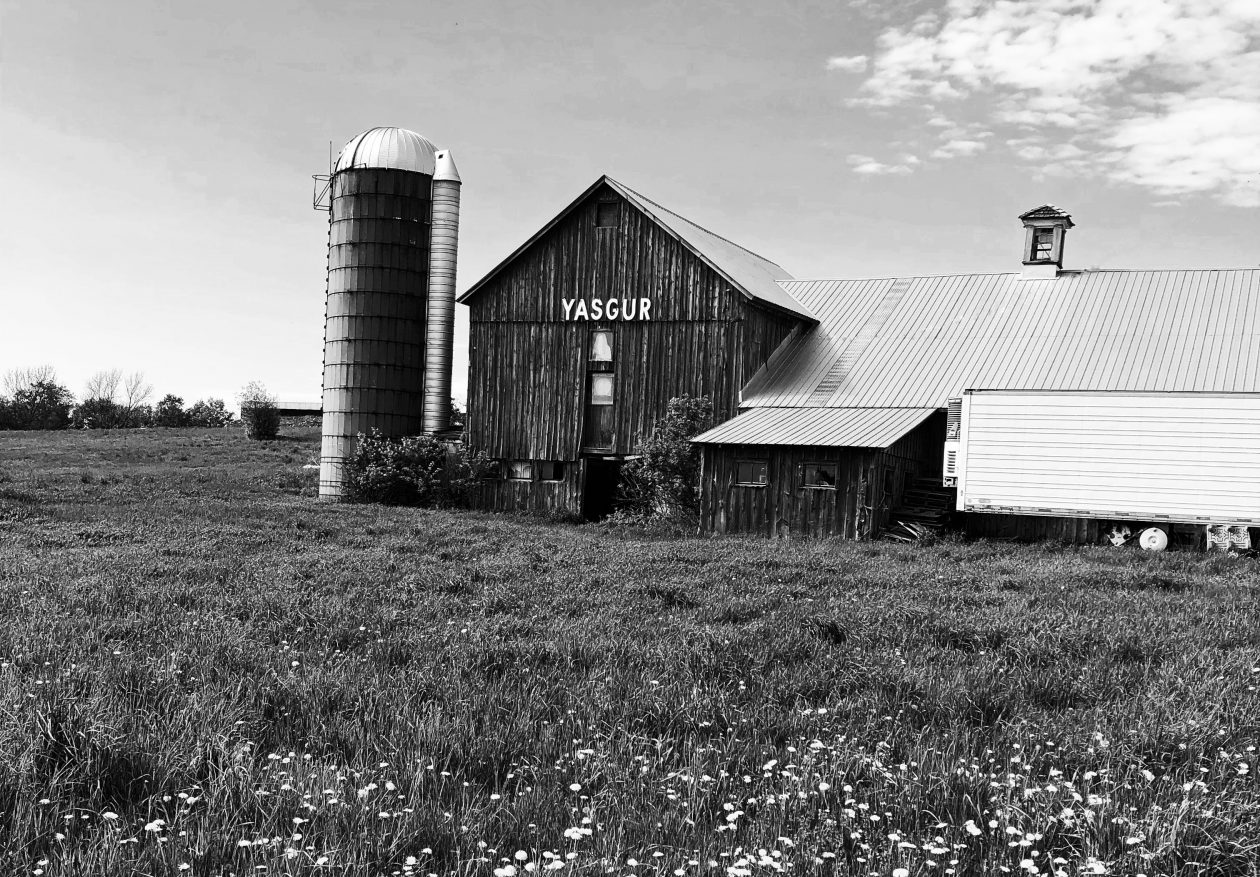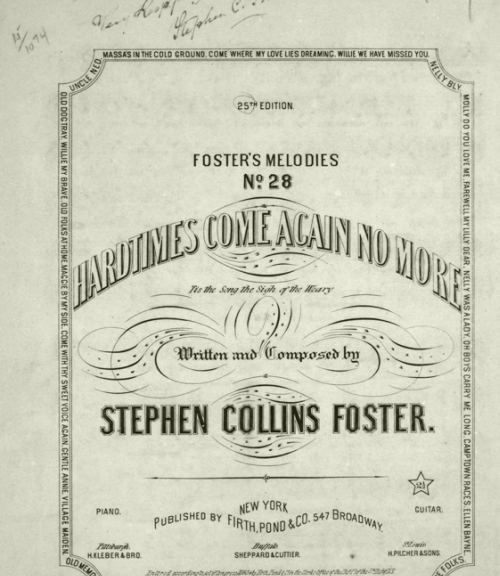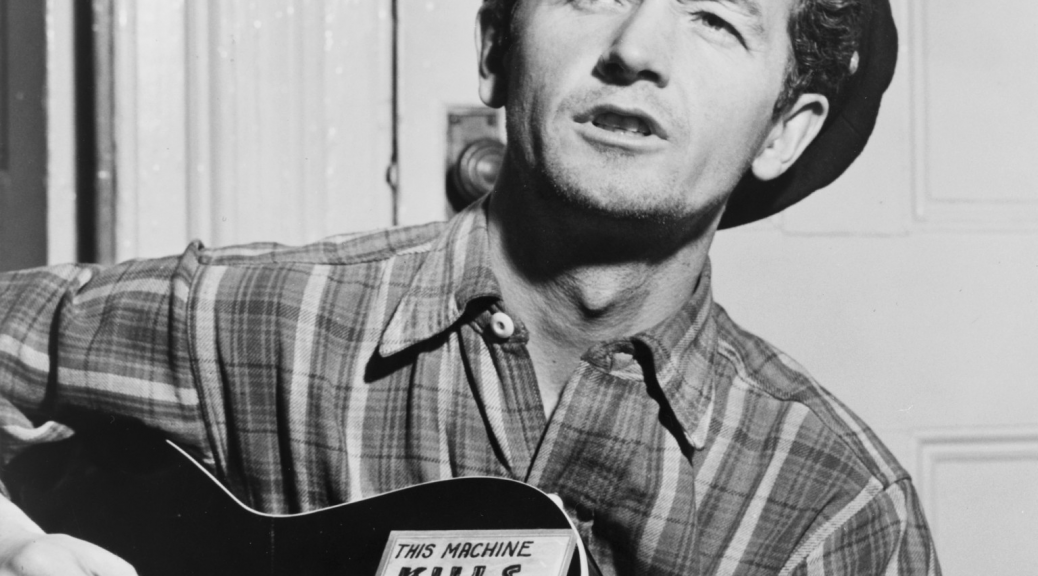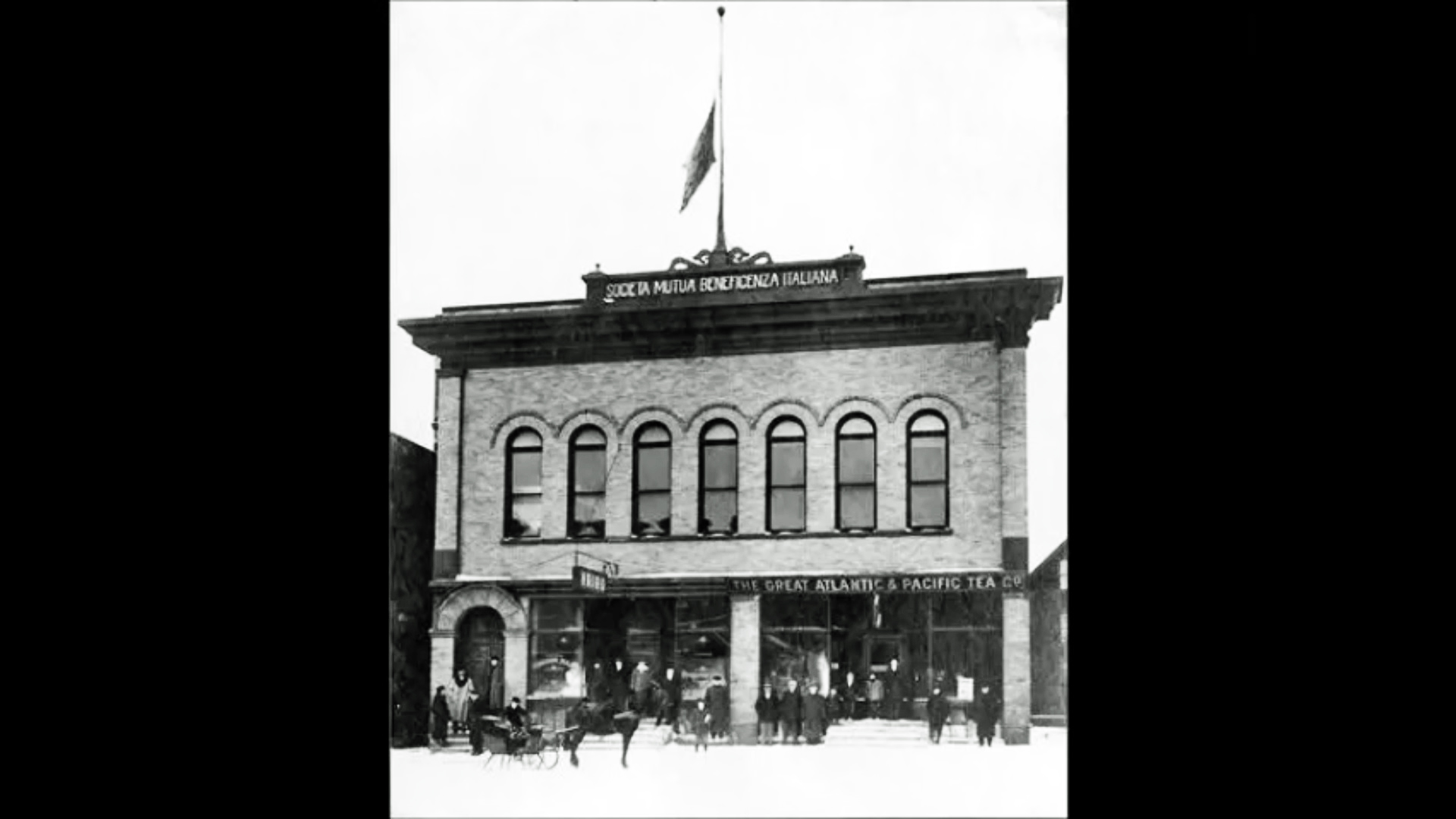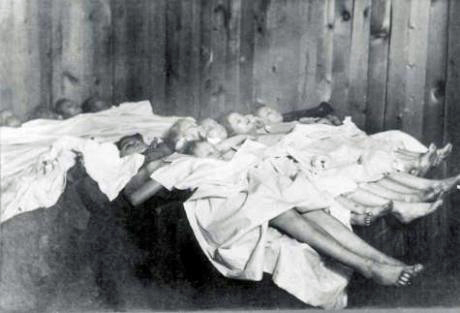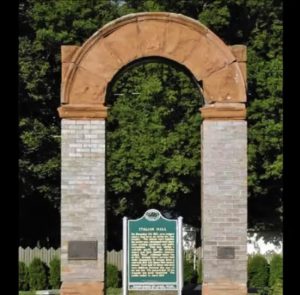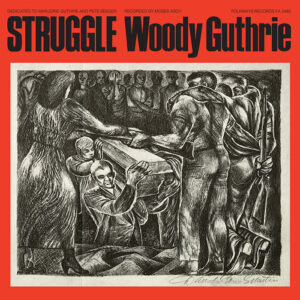Pre-20th Century News Music
The term “Protest Music” is often used to describe songs that try to bring the listener’s attention to an issue the songwriter felt was important. But not all songs are obvious in their protest. Some songs point out a possible solution in a clever manner or simply point out the inequalities built into a society’s everyday norms. Others demean the oppressor.
My term, by no means the best, for this music is “News Music” and the following are mainly American examples from the 17- and 18-hundreds.
“Yankee Doodle Dandy”
In 1776: when America’s revolutionary soldiers sang “Yankee Doodle Dandy” they were proudly and deliberately adopting to themselves a slur aimed at their uniform’s comparative lack of military sophistication. A “doodle” was a fool and “macaroni” referred to a stylish wig—thus a failed attempt at ridiculing the colonists saying they were fools who would put a feather in their hat and think they had one of these wigs. [Wikipedia]
Yankee Doodle went to town,
Riding on a pony;
He stuck a feather in his hat,
And called it macaroni
Pre-20th Century News Music
The Chimney Sweeper
In 1789: English poet William Blake wrote a series of poems called Songs of Innocence and Experience. One of these poems had to do with child labor. It is called The Chimney Sweeper and in 1995 Greg Brown put many of these poems, including The Chimney Sweeper, to music.
When my mother died I was very young,
And my father sold me while yet my tongue
Could scarcely cry ‘weep! ‘weep! ‘weep! ‘weep!
So your chimneys I sweep, and in soot I sleep.
There’s little Tom Dacre, who cried when his head,
That curled like a lamb’s back, was shaved: so I said,
“Hush, Tom! never mind it, for when your head’s bare,
You know that the soot cannot spoil your white hair.”
And so he was quiet; and that very night,
As Tom was a-sleeping, he had such a sight, –
That thousands of sweepers, Dick, Joe, Ned, and Jack,
Were all of them locked up in coffins of black.
And by came an angel who had a bright key,
And he opened the coffins and set them all free;
Then down a green plain leaping, laughing, they run,
And wash in a river, and shine in the sun.
Then naked and white, all their bags left behind,
They rise upon clouds and sport in the wind;
And the angel told Tom, if he’d be a good boy,
He’d have God for his father, and never want joy.
And so Tom awoke; and we rose in the dark,
And got with our bags and our brushes to work.
Though the morning was cold, Tom was happy and warm;
So if all do their duty they need not fear harm
Pre-20th Century News Music
“La Marseillaise”
April 24, 1792: Claude de Lisle (1760 –1836) wrote “La Marseillaise” which became the French National Anthem three years later. It begins with the rousing words:
| The day of glory has arrived!
Against us of tyranny The bloody banner is raised, (repeat) Do you hear, in the countryside, The roar of those ferocious soldiers? They’re coming right into our arms To cut the throats of our sons and women! To arms, citizens, Form your battalions, Let’s march, let’s march! That an impure blood Waters our furrows |
Allons enfants de la Patrie
Le jour de gloire est arrivé ! Contre nous de la tyrannie, L’étendard sanglant est levé, (bis) Entendez-vous dans les campagnes Mugir ces féroces soldats ? Ils viennent jusque dans nos bras Égorger nos fils et nos compagnes ! Aux armes, citoyens, Formez vos bataillons, Marchons, marchons ! Qu’un sang impur Abreuve nos sillons! Arise, children of the Fatherland,
|
Many filmlovers are familiar with the song from Casablanca. The German officers precede La Marseillaise with Die Wacht Am Rhein (The Watch/Guard on the Rhine) a mid-19th century
German patriotic song based on a poem. The poem was written in response to a perceived French threat to land (around the Rhine River) considered German.
| A call roars like thunderbolt, like clashing swords and splashing waves: To the Rhine, the Rhine, to the German Rhine, who guards tonight my stream divine?Dear fatherland, no fear be thine, dear fatherland, no fear be thine, Firm and True stands the Watch, the Watch at the Rhine! Firm and True stands the Watch, the Watch at the Rhine! |
Es braust ein Ruf wie Donnerhall, wie Schwertgeklirr und Wogenprall: Zum Rhein, zum Rhein, zum deutschen Rhein, wer will des Stromes Hüter sein?Lieb’ Vaterland, magst ruhig sein,lieb’ Vaterland, magst ruhig sein,Fest steht und treu die Wacht, die Wacht am Rhein!Fest steht und treu die Wacht, die Wacht am Rhein! |
Pre-20th Century News Music
“Hard Times Come Again No More”
In 1854: “Hard Times Come Again No More” is a song by Stephen Foster. It was written in 1854 as Foster’s Melodies No. 28. Well-known and popular in its day, both in America and Europe, the song asks the fortunate to consider the plight of the less fortunate and ends with one of Foster’s favorite images: “a pale drooping maiden”.
Let us pause in life’s pleasures and count its many tears,
While we all sup sorrow with the poor;
There’s a song that will linger forever in our ears;
Oh hard times come again no more.
Tis the song, the sigh of the weary,
Hard Times, hard times, come again no more
Many days you have lingered around my cabin door;
Oh hard times come again no more.
While we seek mirth and beauty and music light and gay,
There are frail forms fainting at the door;
Though their voices are silent, their pleading looks will say
Oh hard times come again no more.
There’s a pale drooping maiden who toils her life away,
With a worn heart whose better days are o’er:
Though her voice would be merry, ’tis sighing all the day,
Oh hard times come again no more.
Chorus
Tis a sigh that is wafted across the troubled wave,
Tis a wail that is heard upon the shore
Tis a dirge that is murmured around the lowly grave
Oh hard times come again no more
Pre-20th Century News Music
Follow the Drinking Gourd
In 1860s: African Americans sang of their dream for freedom and equality before the Civil War, during it, and long after. Though its origin is sometimes disputed, Follow the Drinking Gourd is still thought of as a song used by “riders” on and “conductors” of the Underground Railroad system used to help slaves escape to safety and freedom by using coded directions. The “drinking gourd” likely refers to the North Star in the Little Dipper’s handle.
Follow the drinking gourd
Follow the drinking gourd
For the old man is a waitin’
For to carry you to freedom
Follow the drinking gourd
When the sun comes up
And the first Quail calls
Follow the drinking gourd
For the old man is a waitin’
For to carry you to freedom
Follow the drinking gourd
The riverbank will make a mighty good road
The dead trees show you the way
Left foot, peg foot travelin’ on
Following the drinking gourd
The river ends between two hills
Follow the drinking gourd
There’s another river on the other side
Follow the drinking gourd
Pre-20th Century News Music
The Internationale
In 1871: Frenchman, Eugène Pottier (1816–1887), wrote “The Internationale.” Pierre De Geyter (1848–1932) set the poem to music in 1888 and shortly thereafter it became widely used.
In 1944 it became the national anthem of the Soviet Union and is often still sung today as a worker anthem. Its lyrics are even more rousing than “La Marseillaise.” The first stanza is:
Debout, les damnés de la terre
Debout, les forçats de la faim
La raison tonne en son cratère
C’est l’éruption de la fin
Du passé faisons table rase
Foule esclave, debout, debout
Le monde va changer de base
Nous ne sommes rien, soyons tout
C’est la lutte finale
Groupons-nous, et demain
L’Internationale
Sera le genre humain
Stand up, damned of the Earth
Stand up, prisoners of starvation
Reason thunders in its volcano
This is the eruption of the end
Of the past let us make a clean slate
Enslaved masses, stand up, stand up
The world is about to change its foundation
We are nothing, let us be all
This is the final struggle
Let us group together, and tomorrow
The Internationale
Will be the human race
In 1990 singer Billy Bragg recreated the song: Stand up, all victims of oppression
For the tyrants fear your might
Don’t cling so hard to your possessions
For you have nothing, if you have no rights
Let racist ignorance be ended
For respect makes the empires fall
Freedom is merely privilege extended
Unless enjoyed by one and all
Chorus:
So come brothers and sisters
For the struggle carries on
The Internationale
Unites the world in song
So comrades come rally
For this is the time and place
The international ideal
Unites the human race
Let no one build walls to divide us
Walls of hatred nor walls of stone
Come greet the dawn and stand beside us
We’ll live together or we’ll die alone
In our world poisoned by exploitation
Those who have taken, now they must give
And end the vanity of nations
We’ve but one Earth on which to live
And so begins the final drama
In the streets and in the fields
We stand unbowed before their armour
We defy their guns and shields
When we fight, provoked by their aggression
Let us be inspired by life and love
For though they offer us concessions
Change will not come from above
See “Early 20th Century News Music” for next group or Mid-20th for another group.
